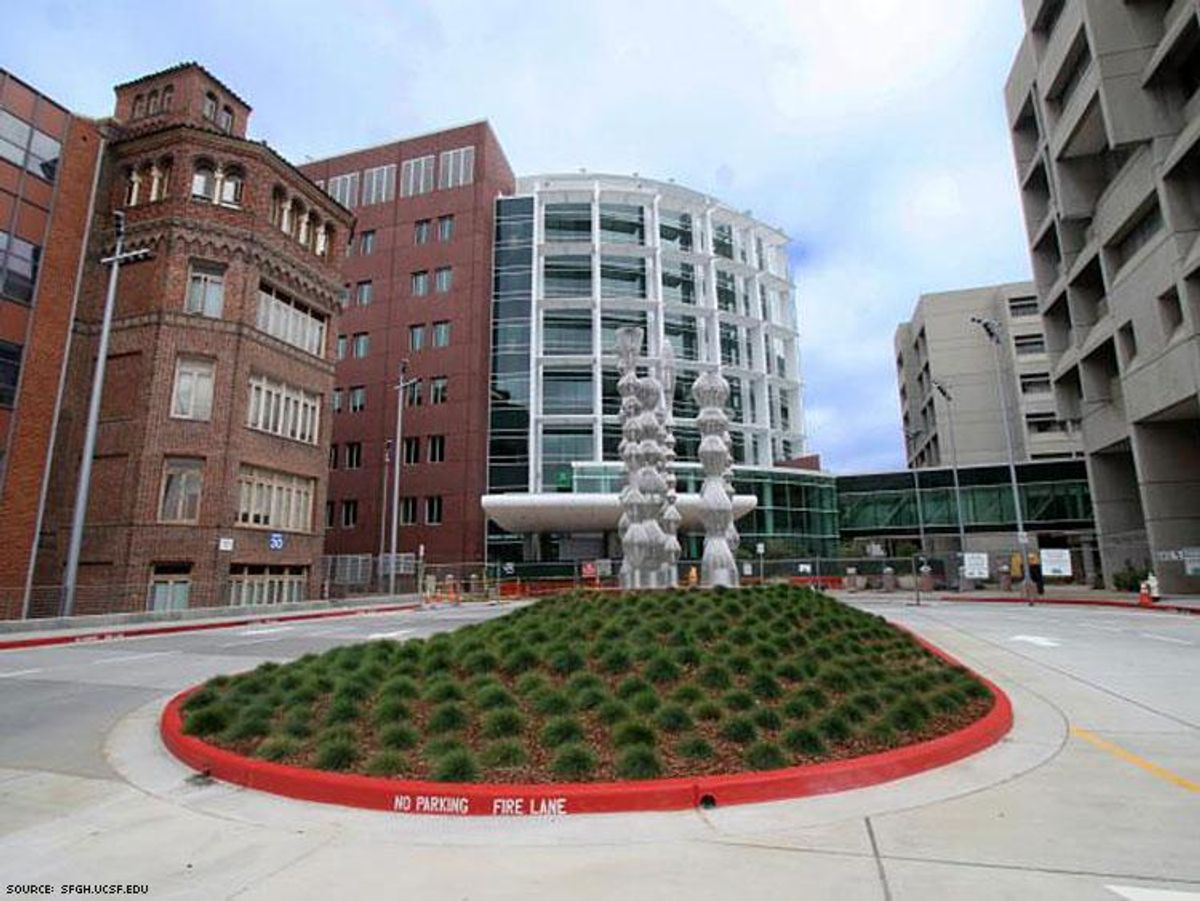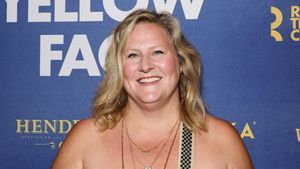Thanks to the advancement of HIV medications, long-term survivors are living long and healthy lives. It was only a matter of time before hospitals opened clinics specifically counseling older people living with HIV — and the time is now.
San Francisco General Hospital’s Ward 86 has added a geriatric clinic called "Golden Compass" to focus on aging HIV-positive people who, instead of waiting on death, now deal with issues that come with aging: heart disease, cognitive decline, bone weakness, and hearing/vision problems.
It’s hard to believe that 35 years ago, people living with HIV hardly dreamed of living long enough to see signs of aging. As associate director of Golden Compass, Dr. Meredith Green said, even health professionals are trying to figure out how to handle it.
“This is all still new,” Green said to San Francisco Chronicle. “We’re still figuring out how to think about the chronic conditions people are facing, and not just their viral load or T-cell count. We’re starting to recognize that things have changed.”
The clinic opened last January, thanks to a $100,000 donation made by AIDS Walk. Moving forward, the clinic hopes to have permanent funding from the city. And in a place like Ward 86, where nearly 60 percent of its patients are over 50 and living with HIV, the need is crucial.
For older people living with HIV, social isolation is an invisible epidemic. Survivor guilt and post-traumatic stress disorder are recurring themes in the lives of many who were first diagnosed in the early days of the AIDS epidemic.
One study published in the US National Library of Medicine National Institutes of Health showed those living with HIV over 50 are at an increased risk of loneliness and suicide due to social stigma, which is why at Golden Compass physical and mental health is necessary to provide a safe space for people to talk about what it means to be aging with HIV. It also helps us understand the needs of medical research moving forward.
Health professionals working in the clinic provide weekly dental, vision and hearing assessments, as well as a thorough review of one’s prescriptions and daily doses by full-time pharmacists, many of whom end up juggling meds around for those who don’t know how.
“Recently we had a patient who had nausea during the day,” Ward 86 pharmacist, Janet Grochowski, said to SF Chronicle. “So we looked through his medication list and saw that he was taking many medications in the morning, before he ate. We moved them to the evening so he could take them with dinner, and that helped quite a bit.”
On top of physical and mental checkups, Golden Compass also makes sure each clinician incorporates mental health care and social support into their therapies. Sometimes that includes a psychiatric referral or simply an invitation to a support group.
Growing older with HIV is a new discussion among health professionals. As HIV-positive people age, it becomes harder to tell whether common age symptoms are signs of them getting older or if it’s related to HIV. As a result, treatment can be complicated.
But hopefully, clinics like Golden Compass will change all that:

















































































